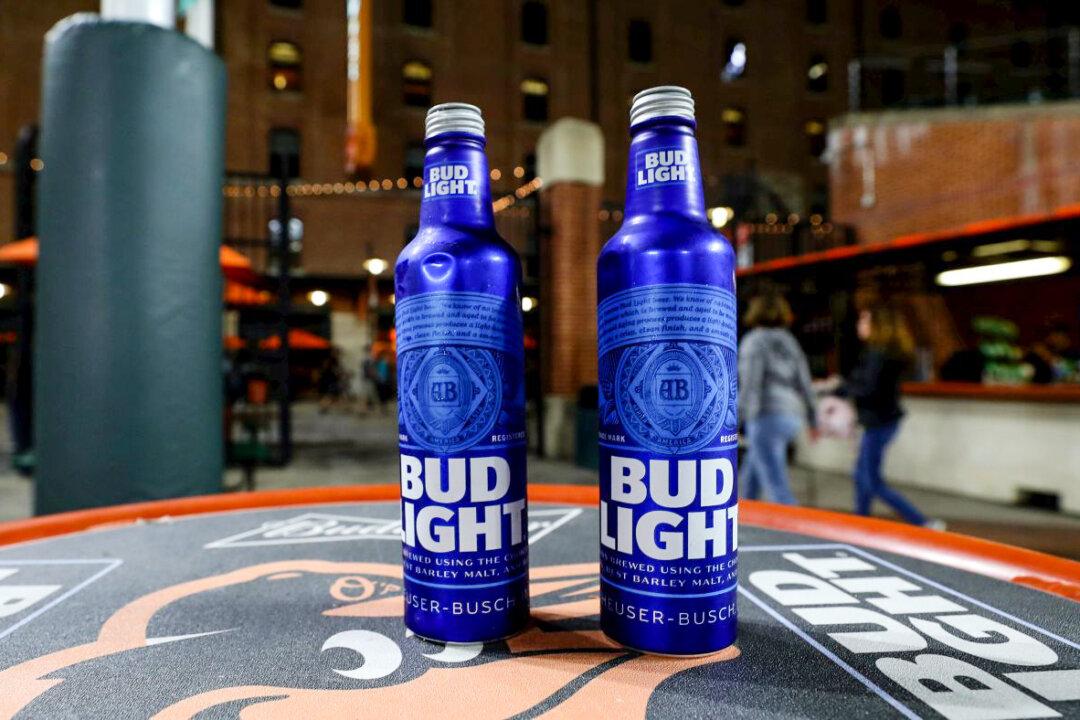A public relations crisis manager said that he would not have recommended Bud Light to partner with transgender activist Dylan Mulvaney because it “goes against its brand identity.”
Considerable backlash has erupted against Bud Light in recent days after Mulvaney and the company confirmed a partnership. Specially made Bud Light cans with Mulvaney’s likeness were also given to Mulvaney, which he displayed on his social media accounts.





